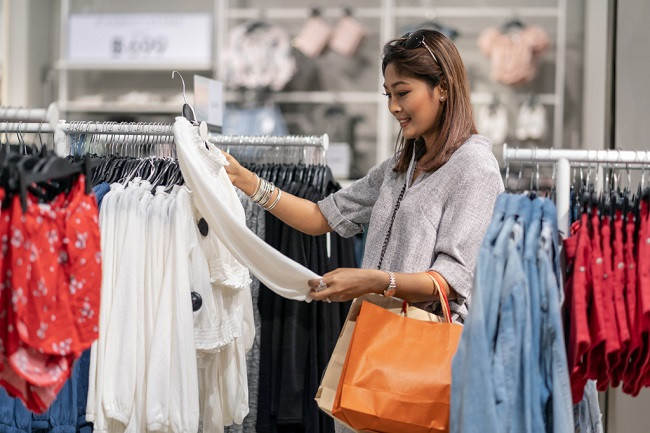Only a third (32%) of US consumers highly prioritize sustainability when making purchasing decisions, compared to other factors like good value (68%) and low price (57%). This result was revealed by a survey conducted by financial services company Stifel Finance Corp, which questioned over 6,000 US active/causal lifestyle brand consumers aged 18-55.

Amid continuous inflationary pressures, the survey revealed price continues to play a key factor in purchase choices. Nevertheless, almost three out of five consumers (63%) remain willing to pay a premium for brands with leading sustainability practices.
The survey finds U.S. consumer views of the importance of brands operating sustainably has reached parity with Europe, but also shows greater consumer concerns about the economy and personal finances. Following three years of near-record inflation, the survey data indicates heightened price sensitivity, just as the holiday shopping season kicks into high gear.
Many consumers regularly consider and value sustainability, especially in the active and casual lifestyle category. The survey found that 62% of consumers are more concerned about the state of the economy this year versus last year and 56% are more worried about their personal finances, so low-cost issues are having a greater impact on purchasing decisions.
Key findings
In the US, most active/casual lifestyle brand consumers (80%) agreed it is important for brands to focus on improving their sustainability practices, and many regularly consider and value sustainability when they shop these categories
Four in five US consumers said it is important for brands to operate sustainably, including almost two in five (38%) who said it is “very important”
Ethical business practices continue to be top-of-mind to US consumers, with over half (58%) saying they are “very important” for brands to prioritize. When asked to rank individual sustainability priorities for brands, US consumers most frequently prioritize ethical business priorities.
Most US consumers (80%) reported trying to be more sustainable in their day-to-day life, 70% care more now about sustainability of products than they did a year ago, and 49% regularly chose more expensive products for the sake of sustainability.
Two in three US consumers reported to have heard of a brand which received negative backlash on social media for a statement or action taken on a social issue. Half of category purchasers have boycotted a brand this year or in the past, and only one in four would not consider boycotting.
When asked what they preferred, about three in five US consumers stated they would rather a brand stay out of social issues entirely, than to make a statement which they disagreed with. If a brand did make a statement that consumers disagreed with, only one in three said it would not affect the trust that they had for the brand.
Key global consumer findings
The survey also questioned over 4,000 additional active/causal lifestyle brand consumers aged 18-55 across the UK, Italy, Germany, and France and found:
A large share of consumers across the surveyed European markets prioritize sustainability, though with directionally lower indications of willingness to research and spend on leading sustainability practices compared to 2022.
Across all markets, at least four in five active/casual lifestyle brand purchasers said it’s important that brands operate with environmental sustainability, social sustainability, and ethical business practices.
Italy and Germany both experienced a significant decline among consumers in terms of a willingness to pay more for brands with leading sustainability practices.
















